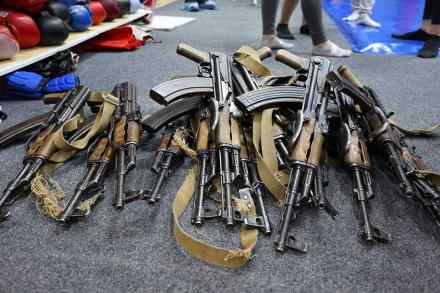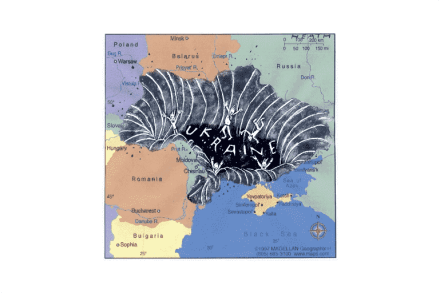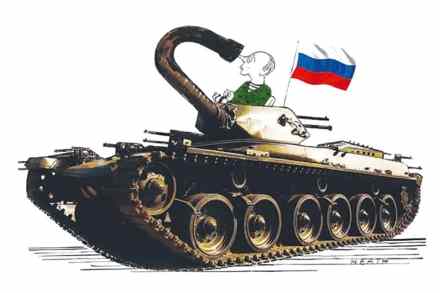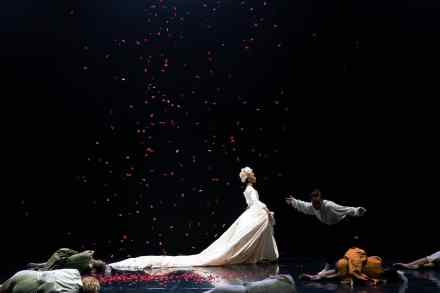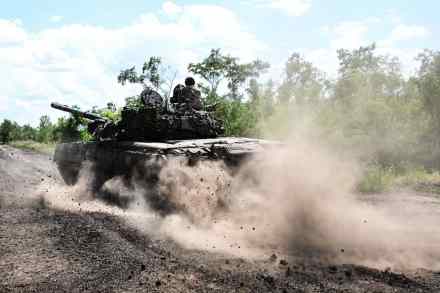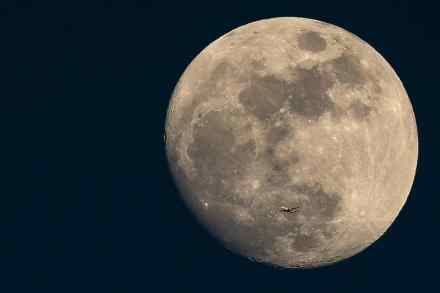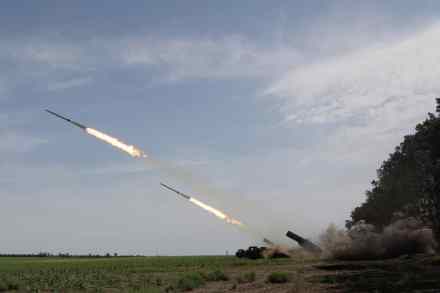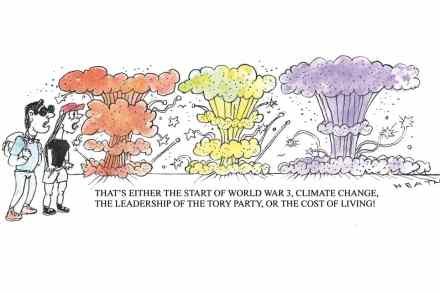Putin at 70: How The Spectator has covered his life
Vladimir Putin turns 70 today. Since he became Prime Minister of Russia in 1999, some of The Spectator’s greatest contributors have asked the perennial questions: who is Putin, and what does he want? We’ve compiled the following pieces from our fully-digitised archive. ‘Joking with a nine-year-old boy at a televised awards ceremony by the Russian Geographical Society, President Vladimir Putin said: ‘The Russian borders don’t end anywhere.’’ Portrait of the Week, 1 December 2016 Appointment as Prime Minister ‘Not surprisingly, given his background, Putin has a lugubrious and somewhat sinister manner. Perhaps more importantly he has never stood for election to anything and his one dabble in democracy, managing the re-election


